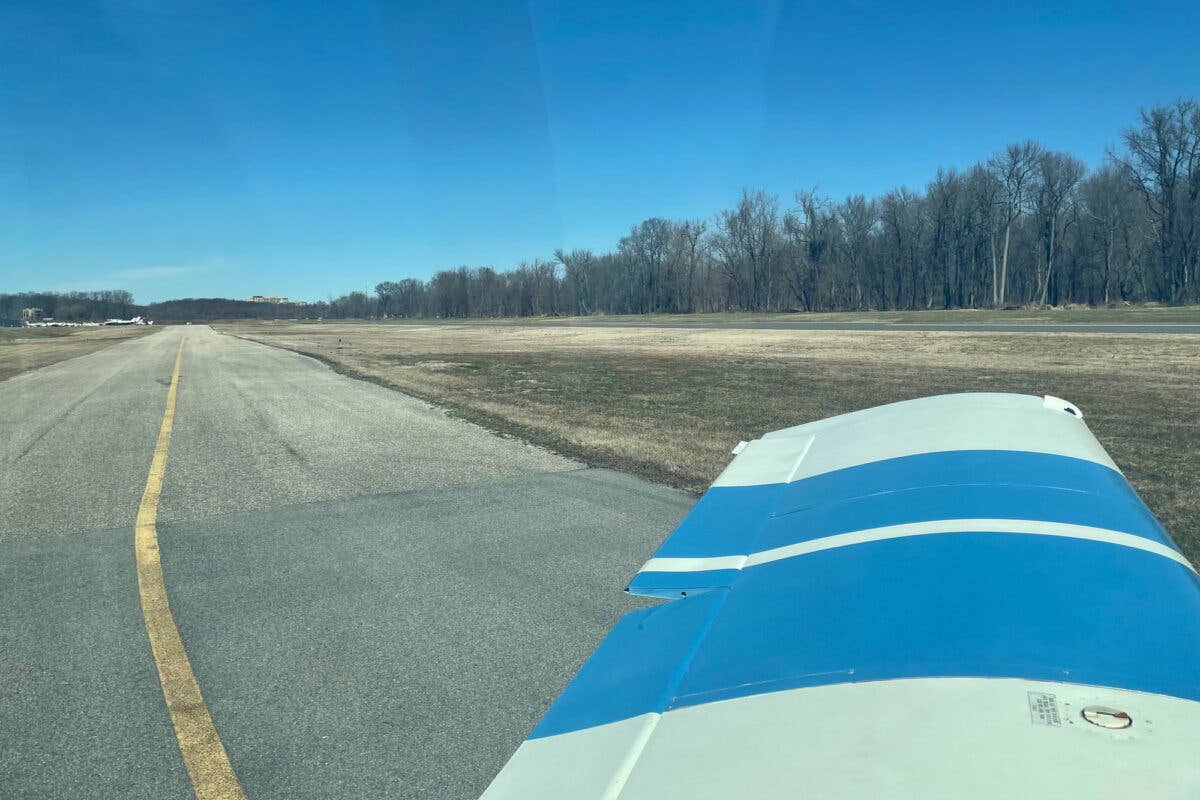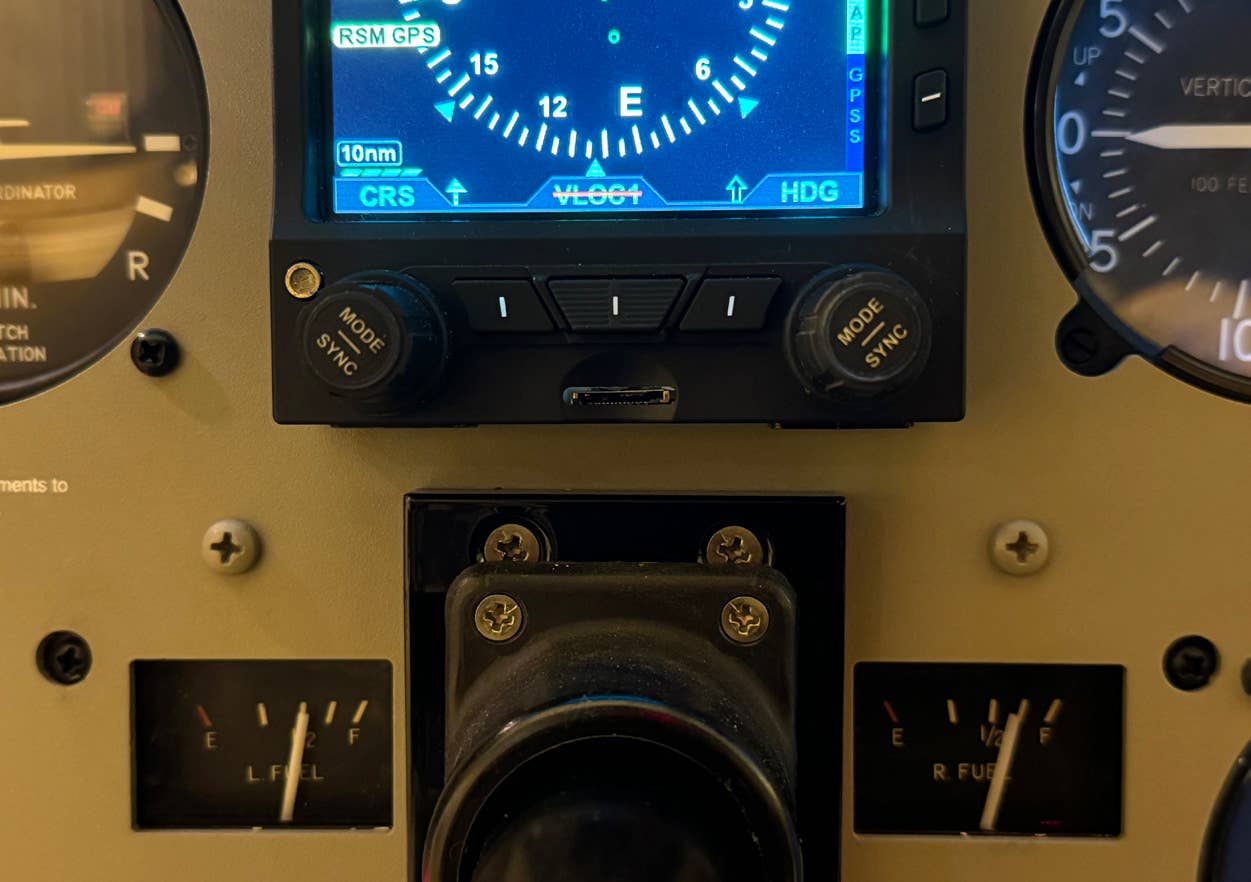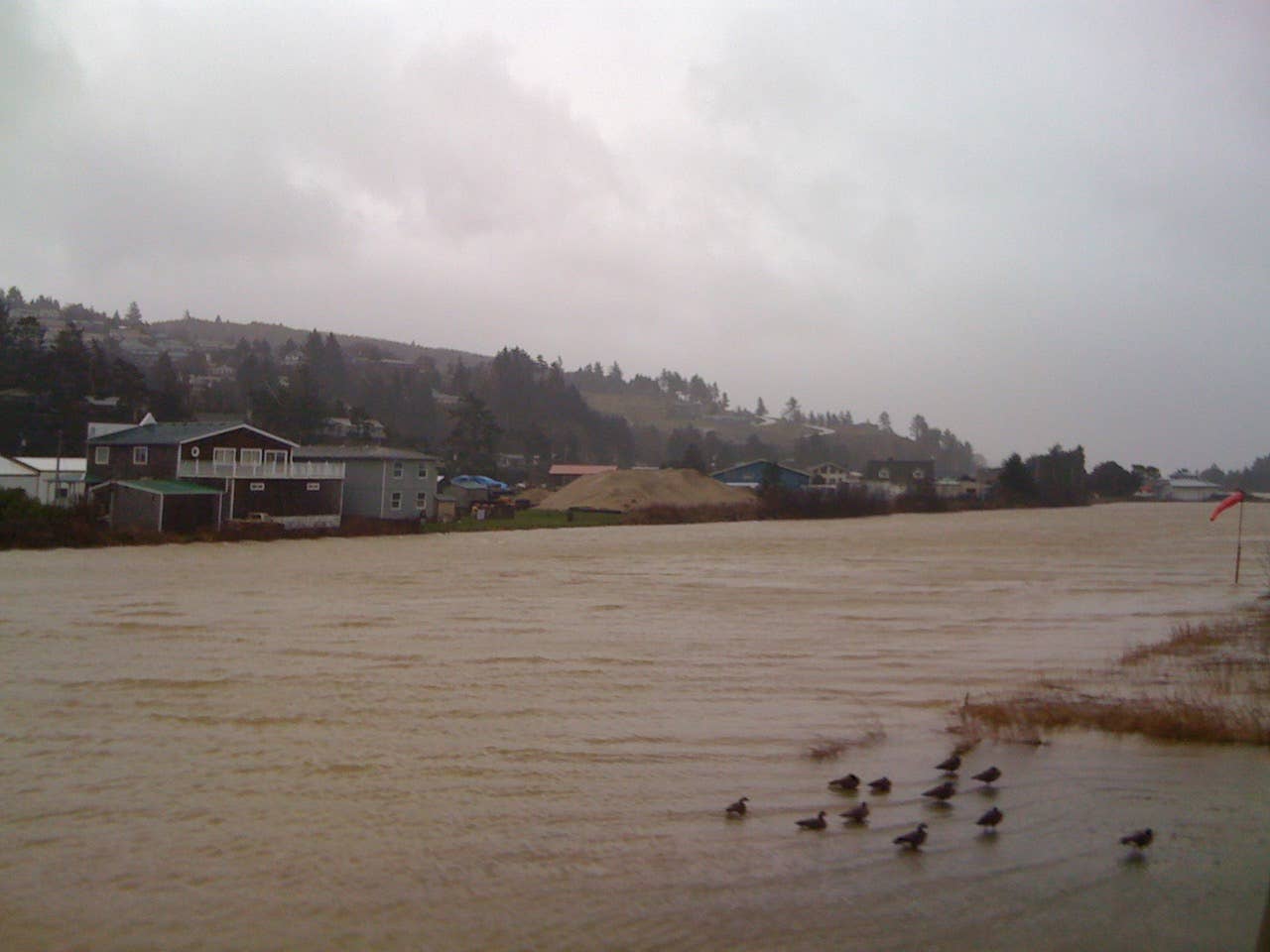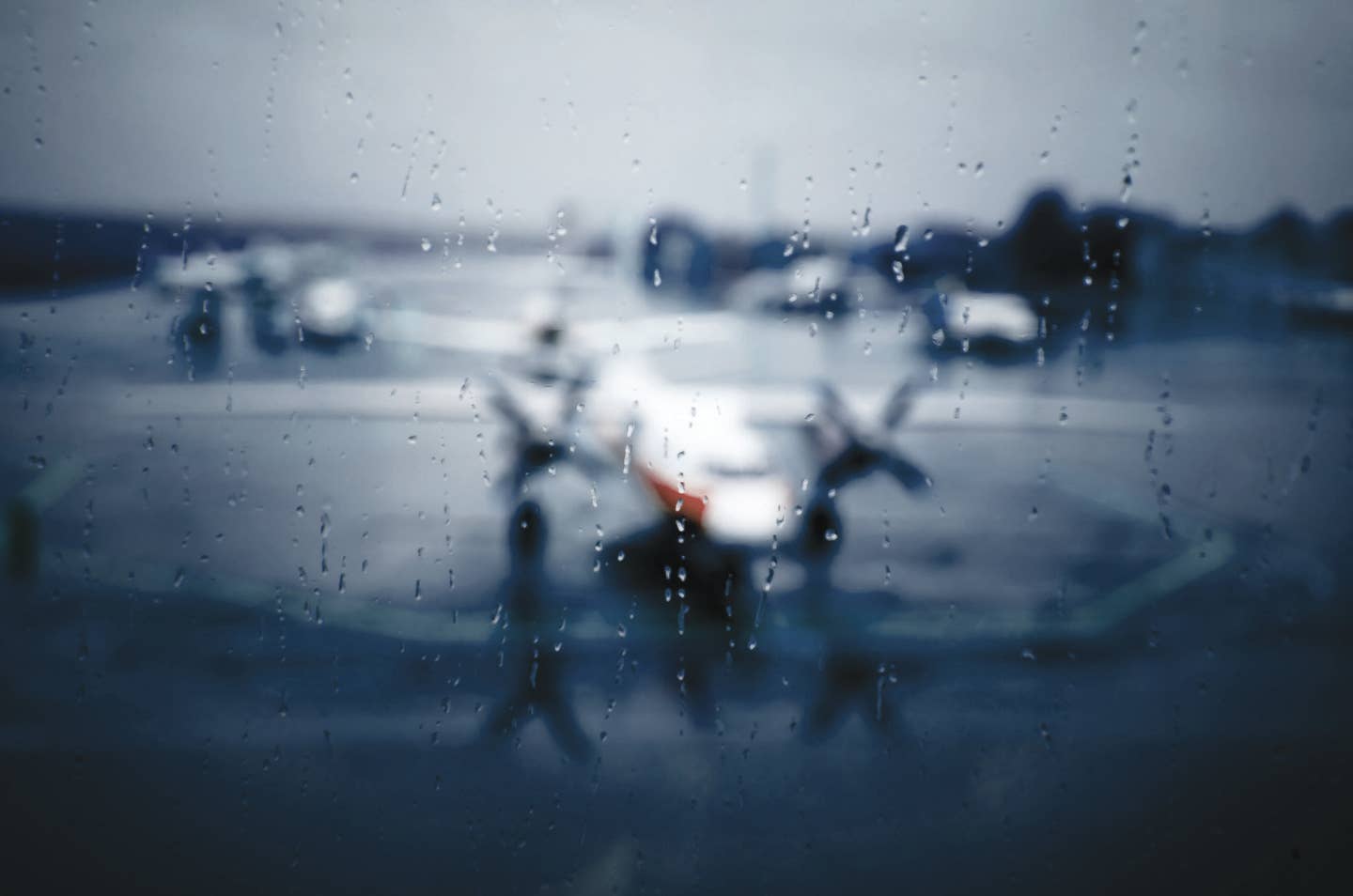
In the wake of the crash of a TBM 900 after suspected pilot incapacitation, do controller and pilot training need an overhaul? Flying
Editor's note: Capt. Sullenberger contacted us after publication of this article to clarify that he did call "Mayday, Mayday, Mayday" immediately after birds struck his Airbus A320 on January 15, 2009, but his radio transmission was stepped on by a simultaneous call by the air traffic controller and so was never broadcast. The final NTSB transcript of the communications from Flight 1549, however, does begin with the "Mayday, Mayday, Mayday" transmission.
If there's a textbook case of an inflight emergency that most everyone agrees was handled flawlessly, it's Capt. Sully's "Miracle on the Hudson" splashdown in January 2009. It made Sullenberger and copilot Jeff Skiles instant national celebrities, and still serves as a model of the calm and collected flight crew skillfully handling an extremely difficult situation.
And yet at no point after a flock of Canada geese crippled both the engines on his Airbus A320 was Capt. Sullenberger ever heard to utter the magic word "emergency" when communicating with ATC. He told LaGuardia Tower what happened and announced his intentions to return to the airport. Sully, Skiles and a planeload of passengers wound up in the icy Hudson River safe and sound, and the rest is history.
Larry Glazer, the pilot of the TBM 900 that crashed near Jamaica last Friday after what appears to be a classic case of pilot incapacitation, has been roundly criticized by Flying readers for not declaring an emergency. Yet unlike Sully and Skiles, Glazer very possibly was suffering from hypoxia — an insidious lack of oxygen to the brain that can sneak up on a pilot, preventing the victim from ever fully comprehending the perilousness of his or her predicament.
Let's be clear about one thing: Nobody is blaming ATC for the deaths of Larry Glazer and his wife Jane. But it's not unreasonable to question whether the actions of the controllers on duty that morning may have played a role in the tragedy. Accident investigators are certain to raise this very question.
That's not to say the controllers did anything wrong. Quite the contrary, their actions seem to be wholly consistent with their training. But maybe it's time to rethink how controllers and pilots are taught to deal with emergencies, especially when the pilot might be mentally incapacitated for some reason.
A pilot suffering from hypoxia is less likely to immediate corrective action or declare an emergency than one facing other dilemmas, such as an engine failure or low fuel. When Sully uttered the now famous words, "Hit birds, we lost thrust in both engines, we're turning back towards LaGuardia," the controller immediately understood the seriousness of the situation and assumed it was an emergency without ever having to ask. Should the controller on duty have realized Glazer was facing a life-threatening situation when he radioed that he was having a problem and asked to descend? That's a tough call. But when the pilot of a general aviation airplane cruising at FL 280 says he "needs to get lower" because of an issue with his airplane, it ought to set off alarm bells in the controller's mind. If it doesn't, that's a problem.
It has been pointed out, wrongly, that getting to FL 180 wouldn't have mattered in this case if a lack of oxygen was the culprit. In fact, the effects of hypoxia at FL 280 are much greater than at FL 180. If he descended to 18,000 feet, Glazer might have remained coherent enough for the controller to detect his slurring of speech and declare an emergency on behalf of the stricken pilot, instructing him to descend lower still to a safe altitude, saving the couple's life. It's certainly true that if he was facing a loss of cabin pressure Glazer should have donned his oxygen mask and immediately started descending. What role hypoxia may have played in his decision-making will probably never be known.
There are many reasons why pilots are reluctant to declare emergencies. We worry that what might be an emergency could be nothing more than a faulty indication caused by a bad sensor. We fear the hassle of dealing with the FAA afterward. We also never get the chance to declare practice emergencies with ATC in the real world during training, and that could be a factor as well. Just remember, if you are facing an in-flight emergency, as pilot in command you don't have to say anything to anybody. Do what you need to do to stay safe and talk about it later.
Our approach to dealing with emergencies and communicating problems to ATC hasn't changed in decades. Clearly something in the system isn't working. The time may have come to take a hard look at the dreaded "E" word, and search for ways to fix the problem. A good place to start would be an overhaul of the training for controllers and pilots in cases where inflight incapacitation is a possibility, compelling ATC immediately to begin handling the situation as an emergency, even if the pilot might not realize he's facing one.
Get exclusive online content like this delivered straight to your inbox by signing up for our free enewsletter.
We welcome your comments on flyingmag.com. In order to maintain a respectful environment, we ask that all comments be on-topic, respectful and spam-free. All comments made here are public and may be republished by Flying.

Sign-up for newsletters & special offers!
Get the latest FLYING stories & special offers delivered directly to your inbox






